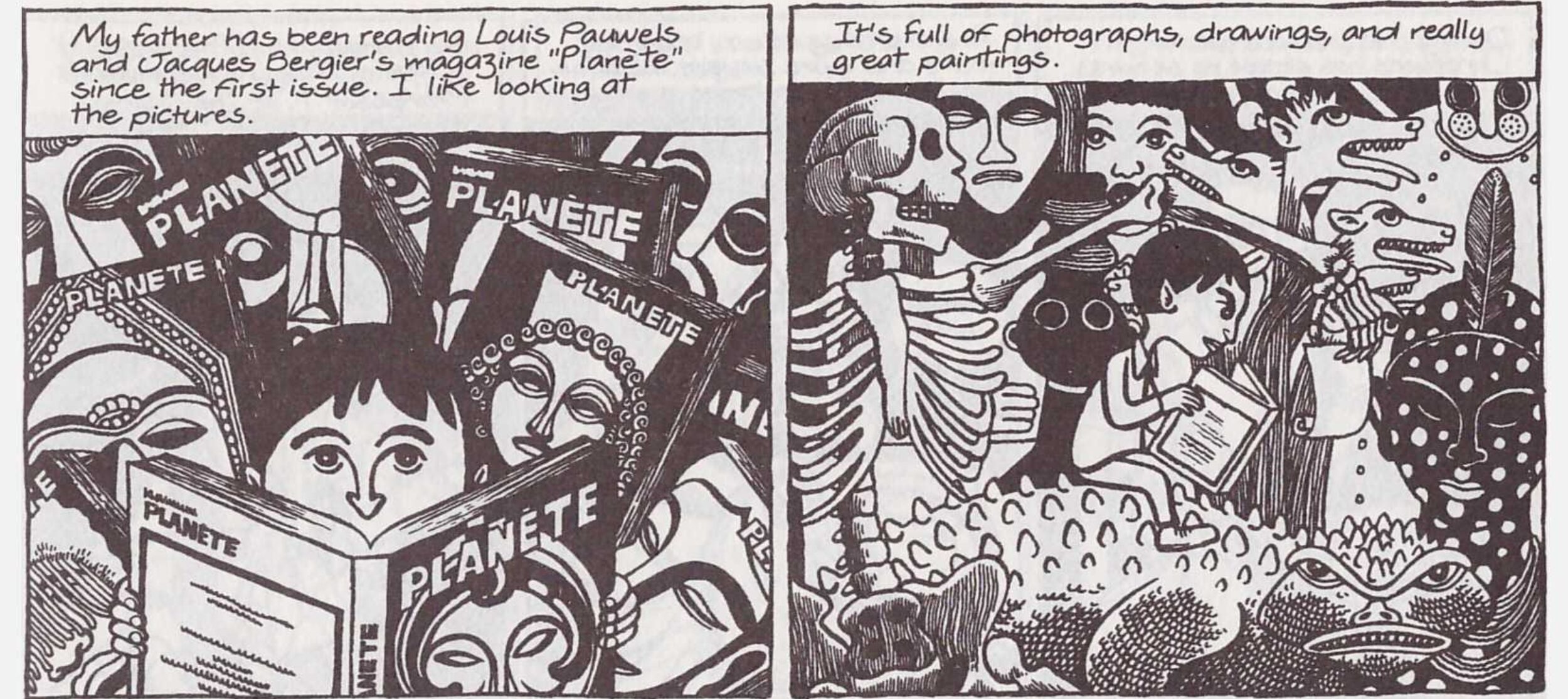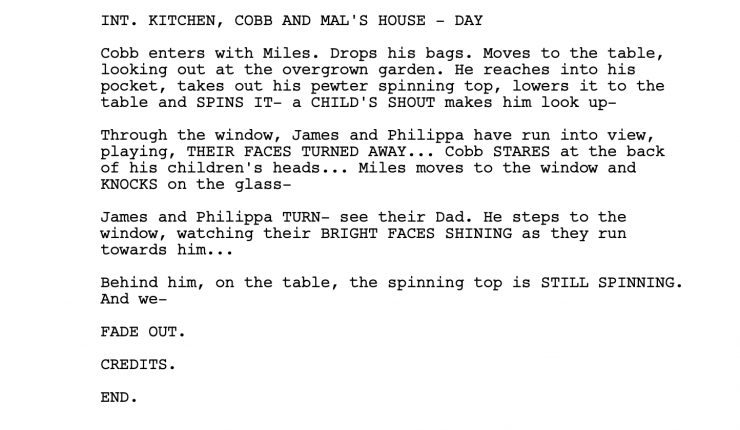Literacy Narrative Part 2 Reflection
Drawing this comic was a very enjoyable experience. I did not end up sticking to my original written narrative in part one. Instead, I took certain elements from the written narrative and weaved it into a different story. This helped in creating a more engaging comic because this new story had more visual potential than the recounting of events that led up to my writing style. The written narrative was more linear, and I did not think that it would make an engaging comic. When I came up with my idea for the comic, ideas started going off in my head, almost in a sporadic and non-linear way, which was the opposite of the original. This worked well for the comic medium because I could arrange my ideas spatially in two dimensions rather than the linear one dimension. My many ideas lead me to make a series of choices, but once they were made through the storyboard draft, it felt much easier to draw this comic than it was to write the narrative.
The first page is most similar to my narrative. It is almost like a traditional comic where you have three panels and images and text inside them. Instead of regular side-by-side rectangular panels, I decided to use overlapping puzzle pieces. This not only hints at what is to come in the comic, but also creates early conflict because the overlapping puzzles block the audience’s view of the scenes. I hoped this conflict would encourage the audience to continue reading and find the resolution of the first page in the last page, where a completed puzzle can be found.
A lot of what I am trying to do in this comic is to encourage the audience to read outside of the panels by going against convention. The second page uses squiggly rectangles as panels. This creates a connection to the bottom panel on the first page where I am thinking, but also echoes the traditional thought bubbles in most comics, in order to signify that I am talking about my thoughts. I also try to push the readers to look outside the panels by drawing a web that connects the second panel to the others. Thus, creating a story that is not bound by the panels.
The third page combines the puzzle piece theme and the squiggly rectangle theme, bringing some sense of resolution from the two drastically different panel styles in the two previous pages. Despite this, the worm’s eye view perspective of the scene highlights the difficulty of the task, which ultimately resolves in a nice fitting puzzle in the last page, concluding both the story in the panels and the story outside of the panels.
Overall, this was a very fun process. I think that this medium really brought out my creative side compared to the written narrative. If I had more time, I would probably try to incorporate some more detail and color. Right now, it is monochrome, and I don’t think there’s any particular significance in the colors I use. I wonder if using or adding different colors will change the meaning and story of the comic?

